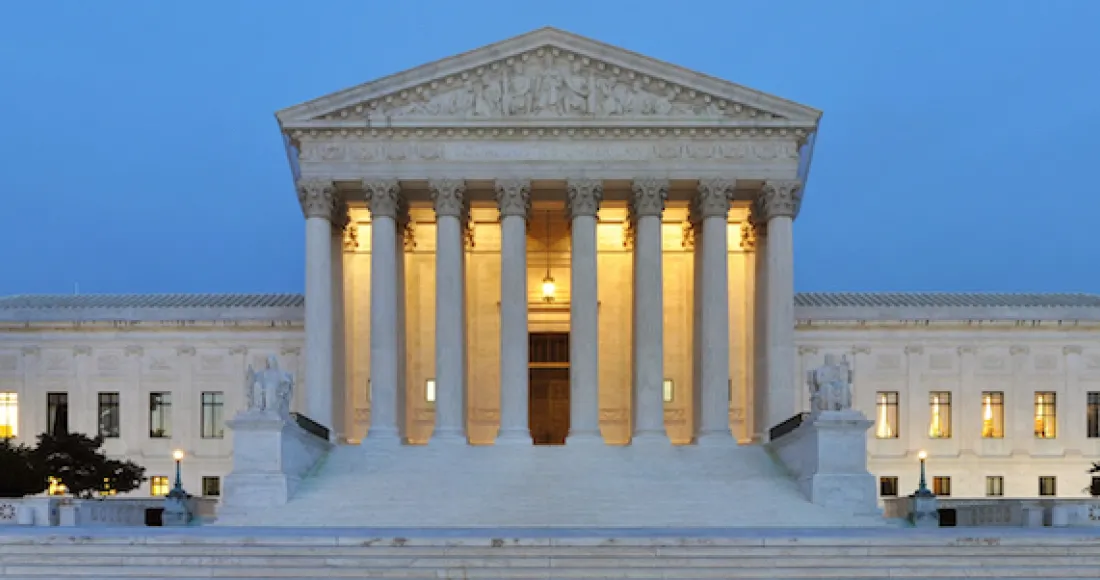
In the summer of 2016, an important Supreme Court ruling changed the way many qui tam lawyers, defense teams, courts, and whistleblowers viewed the False Claims Act (FCA). Universal Health Services vs. United States ex. rel. Escobar addressed the claim of two whistleblowers that mental healthcare corporation UHS killed their daughter through negligence. The False Claims Act lawsuit alleged that UHS disregarded compliance rules while receiving government funding and in doing so caused the death of a patient.
Usually, qui tam lawsuits target contractors that specifically scheme to defraud the government. In Escobar, the plaintiffs suggested that by receiving government funding while violating regulations, UHS still committed fraud. The Supreme Court cited that legal perspective, called “implied false certification theory,” when they ruled against UHS.
It was a controversial moment in the qui tam world, as it had whistleblower advocates celebrating the potential broadening of the FCA and corporations panicking that they were at risk for higher liability. The interpretation of Escobar has not been quite as drastic as either side expected, however.
The Supreme Court Raises the Bar for Evidence
Even though the Supreme Court allowed the implied certification theory, the “rigorous” application of a concept known as “materiality” was stressed in the ruling. It is already critical in False Claims Act lawsuits to prove that either there was a demonstrated scheme to submit false claims to the government or that actual false claims were submitted.
After Escobar, plaintiffs should also demonstrate that without the defendant’s negligence, the government would not have reimbursed those particular false claims. The key is to prove that any breach of Medicare or Medicaid regulations is specifically relevant to the defendant’s alleged false claim submissions.
For example, the government may reimburse a hospital for chemotherapy services under the assumption that the hospital, as required by Medicare, has a licensed oncologist present for each of those services.
The hospital may then have physician assistants administer chemo without oncologists present and request reimbursement from the government without alerting it to the noncompliance that potentially compromised patient care.
Without the lack of disclosure, the government would not have paid for those chemotherapy services. The regulations the hospital broke would make it ineligible for federal reimbursement no matter what.
On the other hand, if the hospital’s noncompliance involved the use of unapproved medical supplies that weren’t involved in the chemotherapy services, it would be harder to prove that there was a direct correlation between the regulatory violations and the false claim reimbursements.
After Escobar, plaintiffs should therefore aim to prove that the government’s payments were directly caused by the contractor’s undisclosed noncompliance. The purpose of this distinction is to avoid frivolous False Claims Act lawsuits, ensuring that the government is only targeting companies whose actions genuinely threaten taxpayer-funded programs like Medicare.
EVIDENCE IN WHISTLEBLOWER CASES
Qui Tam Lawsuits Helped by Escobar
Escobar may hold plaintiffs to a higher standard when arguing implied certification, but its expansion of the FCA has already had a positive impact for some whistleblowers. In February 2017, the Supreme Court cited Escobar when it gave a second chance to a whistleblower lawsuit against Wachovia.
Wachovia, owned by Wells Fargo, allegedly committed mortgage fraud against U.S. agencies and taxpayers that bailed it out during the financial crisis. The case was brought by two whistleblowers, but the government declined to join it and in 2015 it was dismissed.
The dismissal was based on doubts that the case involved actual violations of the False Claims Act. Because of Escobar the Supreme Court has revived the lawsuit, suggesting that Wells Fargo’s allegedly undisclosed noncompliance could be grounds for FCA penalties. The lower courts may now have to reevaluate the merit of the whistleblowers’ claims, and Wells Fargo could be held accountable after all.
Qui Tam Lawsuits Hurt by Escobar
Due to the higher standards of materiality Escobar imposed, the decision has not been favorable for some FCA cases.
A lawsuit against Sanford-Brown College alleged that the institution failed to meet compliance standards for government funding while submitting thousands of claims. The lawyers that brought the case pushed for the implied certification theory; after Escobar, the Supreme Court ordered that the lawsuit be reevaluated. It turned out that because the government had previously looked into SBC’s compliance and had not found it necessary to penalize the college, materiality standards were not met.
Lower courts will have to review other implied certification cases in the wake of this SCOTUS decision. It seems likely that the new materiality standards will not be in favor of some relators. Still, Escobar can go a long way both in discouraging government contractors from being dangerously negligent and in preserving the integrity of the FCA.
A common complaint that corporations use to undermine the FCA is that relators and their counsel are on a “witch hunt” to recover corporate profits. Though the government has always been highly selective about which FCA cases have merit, Escobar could go even further to prove that the law only targets organizations that legitimately hurt taxpayers and the government.

